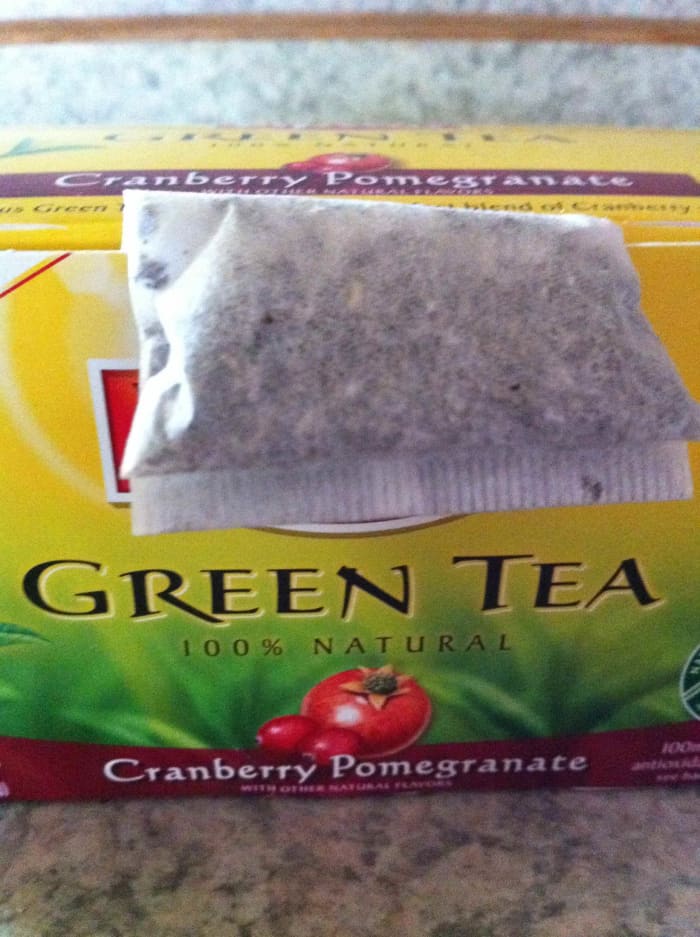

That said, GERD and LPR are similar and can have overlapping symptoms. But this is more common in people with GERD. You may also experience a burning sensation in the back of your throat. Crawley notes that this may be accompanied by voice hoarseness, a chronic cough, and feeling like a lump is stuck in the throat.

With LPR, acidic stomach contents travel up the esophagus and spill into the throat, causing irritation and inflammation. However, it's not as likely to cause a chronic sore throat as laryngopharyngeal reflux (LPR), says Crawley. When it comes to severe acid reflux conditions, gastroesophageal reflux disease (GERD) is perhaps the most common. Keep in mind, too, that a 2022 study found people who vape tend to exhale through their nasal passages, which could lead to irritation in the nose and throat, so these symptoms are not just limited to smokers. Some tips to help you get started include using exercise to cope with stress and anxiety and manage cravings, finding new hobbies to keep your hands and mouth busy, and identifying and avoiding your triggers, and then cutting back gradually.
#I keep getting a sore throat that comes and goes how to#
How to treat it: Ultimately, quitting smoking is the best option for getting rid of these chronic sore throats.
Exposure to secondhand smoke can also cause irritation that leads to a sore or scratchy throat, says Crawley. This can lead to a mucus buildup in the nasal passages and eventually " smoker's cough", which may cause a sore throat. Toxins in cigarettes slow the movement of cilia, hair-like cells that sweep out mucus and foreign particles. Smoking frequently can cause throat dryness, and Crawley notes that your throat may feel sore when it's dry. There are several reasons why smoking can lead to a sore throat: While having a cigarette here and there won't usually cause a recurring sore throat, chronic smoking can, says Crawley. If you are prescribed antibiotics, Crawley says your sore throat will likely improve significantly within a couple of days. On the other hand, if a bacterial infection is causing your sore throat, your doctor may prescribe antibiotics to kill the bacteria and prevent it from spreading. You can also relieve the pain by gargling warm salt water. How to treat it: If your sore throat is caused by a viral infection, Crawley says the recommended treatment typically includes getting plenty of fluids and sleep and treating pain and discomfort with ibuprofen. While allergies are more likely to cause a recurring sore throat than an infection, there's an easy way to tell which is bothering you: Look for other telltale signs of an infection like a fever, muscle aches, swollen lymph nodes, fatigue, and chills.Īdditionally, Crawley says an infection can affect the whole throat, whereas the throat soreness and discomfort may vary in location when it's caused by allergies or acid reflux. However, regardless of the source, Crawley says a sore throat from any infection will usually resolve once your body fights it off. Viral infections cause sore throats more often than bacterial infections. Bacterial infections: Strep throat and Streptococcus pneumonia. Viral infections: The flu, common cold, mono, and COVID-19. Infectionīoth viral and bacterial infections can cause a sore throat. Regardless of what course of treatment you choose, limiting your exposure to the allergen as much as possible is crucial to minimizing sore throats and other symptoms. When over-the-counter remedies don't work, you may also want to consider allergy shots to get rid of your upper respiratory symptoms that can lead to sore throats. How to treat it: Crawley says the best over-the-counter remedies for environmental allergies, like animal dander and pollen, include nasal steroid sprays, oral antihistamines, and nasal rinses. If you're experiencing other symptoms like sneezing, a runny nose, and a tickling sensation in your throat, that can suggest that allergies are causing your sore throat. People with allergies often clear their throat to try and get rid of excess mucus, and Crawley says this alone can cause or exacerbate irritation, leading to a sore throat. Allergies can sometimes cause a cough, which can then irritate your throat over time. They lead to nasal congestion that eventually turns into post-nasal drip where mucus drains into the throat, leading to irritation and soreness.






 0 kommentar(er)
0 kommentar(er)
